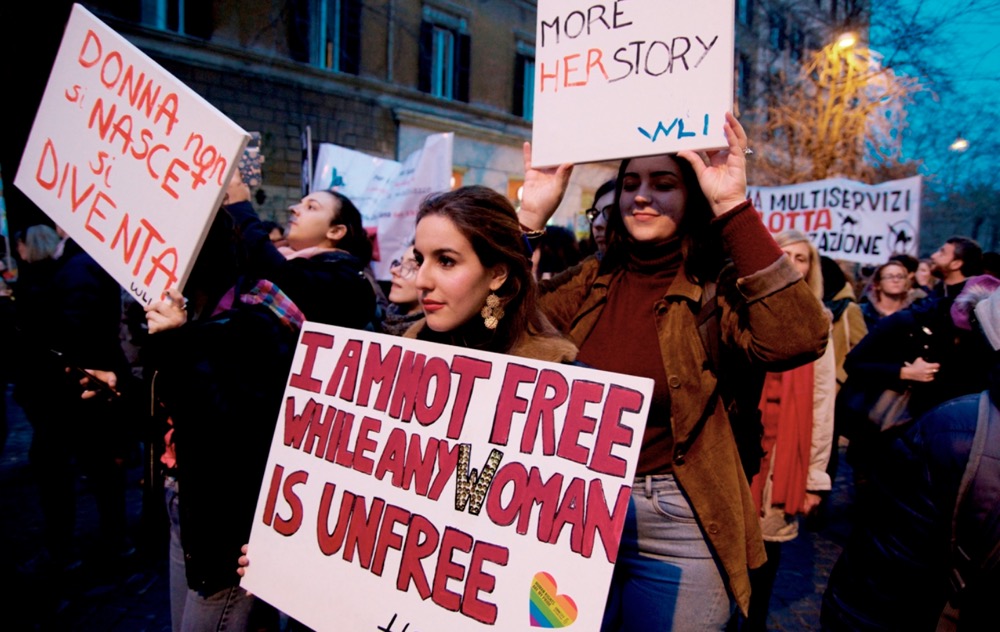
International Women’s Day, also known as Three Eight International Women’s Day, is celebrated on March 8th every year. It is a day to celebrate the remarkable achievements of women throughout history, as well as to call attention to the ongoing struggle for women’s equality and rights.
The origins of Three Eight International Women’s Day can be traced back to 1908, when women in New York City organized a march in support of women’s suffrage and better working conditions. Over 15,000 women, from all walks of life, participated in the march; it was this event that sparked a movement for women’s rights and suffrage across the United States.
International Women’s Day was officially recognized in 1910 at a meeting of the International Socialist Women’s Conference in Copenhagen. The women in attendance proposed that a day be set aside each year to celebrate women’s achievements and advocate for women’s rights. The first International Women’s Day was celebrated on March 19, 1911, with rallies and marches held in various countries around the world.
In the years that followed, International Women’s Day became an important event in the fight for gender equality. During World War I, women in Russia used the occasion to demand an end to the war and better conditions for women workers. This led to the eventual fall of the Russian monarchy and the establishment of the Soviet Union.
In the decades since, International Women’s Day has continued to grow in significance. It is now recognized as a public holiday in many countries around the world, including China, Russia, and Vietnam. Each year, a different theme is chosen to guide the celebrations, with recent themes including “Choose to Challenge” and “Each for Equal”.
In conclusion, Three Eight International Women’s Day has a long and storied history as a day to celebrate the achievements of women and advocate for gender equality. While there is still much work to be done, International Women’s Day serves as a reminder that progress is possible when women come together in solidarity and demand their rights.